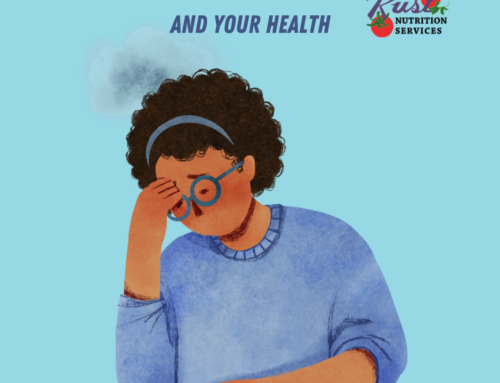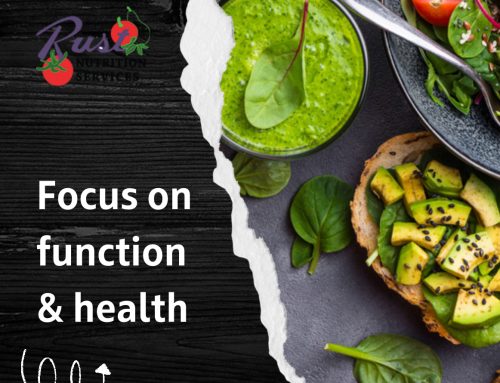
freedigitalphotos.net
I recently returned from speaking at the Lifestyle Medicine Conference in Washington DC last week. I was inspired by this movement to get back to our prevention roots, by addressing the pillars of health – diet and exercise – and also facilitating lifestyle interventions (smoking cessation, stress management). These sorts of lifestyle changes have served as the framework for my recommendations for over 25 years, and I’ve been talking about them for quite a while now.
In terms of Lifestyle Medicine interventions, diet, it turns out, is both clearly the most important, and the most controversial of this type of approach to medicine. There is no controversy over whether a healthy diet impacts health and disease substantially, but rather “which” healthy diet is the best prescription.
I’ve always used a balanced, evidence-based approach when helping people change their eating habits. Eating, and food, is a very personal matter for many. Cultural influences as well as food preferences or tolerances, all factor into what one may choose to eat. Diet and nutrition research has evaluated several aspects of the diet and many key nutrients, and has come to various conclusions. Although there are many dietary approaches to wellness and disease prevention, some are supported by evidence (DASH diet, TLC diet, Mediterranean Diet, the Ornish Diet, or a plant-based/vegetarian diet), and recognized by mainstream media as well.
Yet there is no question, that certain foods, namely plants, will do most people some good. While a plant-only diet may not be for everyone, heading toward a more plant-based diet, can be. The Dietary Guidelines for Americans are currently under review, and I’m sure the 2015 version will include the recommendation to eat more fruits and vegetables, and more intact grains (sometimes difficult to understand how to do, when food marketers label products with simply “whole grains”).
There was some disagreement at this conference whether “small steps” are worth doing. The argument is that drastic steps lead to more drastic results, which are true in theory; but in real life, I still believe that for most of the public, small changes can be helpful.
So this holiday season, I challenge you to make a few small changes in how much you eat, what you choose to eat, and how you cook. You don’t have to lead a vegan lifestyle to gain the health benefits of plants and whole foods. Just try a few new things, and see how it goes. As Dr. David Katz says: ‘Add some years to your life, and life to your years’





My graduate education has really instilled in me the importance of a healthy diet and regular exercise, someone like you however, having so much experience and knowledge on the subject it probably seems more like second nature. The unfortunate part of this situation however, is that many people haven’t had the same opportunities and education as some and therefore know a lot less about the topic. Sometimes I find myself getting frustrated with people whom eat unhealthy, but I have to take a step back and realize that they probably aren’t as well versed on how to maintain a healthy diet. This is where education and awareness plays a very important role.
When it comes to eating healthy, I agree with what you said, gearing our meals toward more fruits and vegetables is a very good place to start. In today’s society eating has come to convenience, and very few fast food restaurants offer healthy fruits and vegetables, and it probably isn’t something that is going to happen in the near future. I like how you stated that dramatic changes are good in theory; however small changes may produce better results. So rather than looking for huge, dramatic changes, such as fast foods offering a good amount of healthy fruits and veggies, or meals in general, taking small steps would be more efficient. Some small steps that an individual could take are:
• Pre-chopping fruits and veggies at the beginning of the week and storing them in portable containers so they can be easily grabbed on the go. This is a healthy alternative to snack bag of chips or cookies and can be just as convenient.
• Packing a lunch that includes carrot sticks or a cucumber instead of the usual snack cake or processed junk food.
• Buying natural fruit and vegetable drinks and replacing one can of soda or coffee a day with this juice.
• Buying fruits and vegetables and leaving them in the places you usually go to when looking for a snack. Such as the front of the refrigerator, in your car, at your desk, etc. I find leaving apples or organic fruit/granola bars in my car prevents me from stopping to get a quick snack at a fast food restaurant or gas station and instead eating a healthier alternative.
These are just a few options and some may not suit everyone, but trying to make small changes in our diet, such as adding more fruit and vegetables can help us transition into a healthier lifestyle than trying to do it all at once. It’s like when someone tries to quit smoking cold turkey, sometimes this will work for an individual, but using a step down program has proven to be much more efficient.
One website that can be very helpful when it comes to tips on eating healthy is http://www.helpguide.org . This website offers many tips and resources on how to transform one’s diet into a healthier version the right way. It’s definitely worth your time to explore a bit.
References:
Helpguide.org. (2013). Healthy eating. Retrieved from http://www.helpguide.org/life/healthy_eating_diet.htm